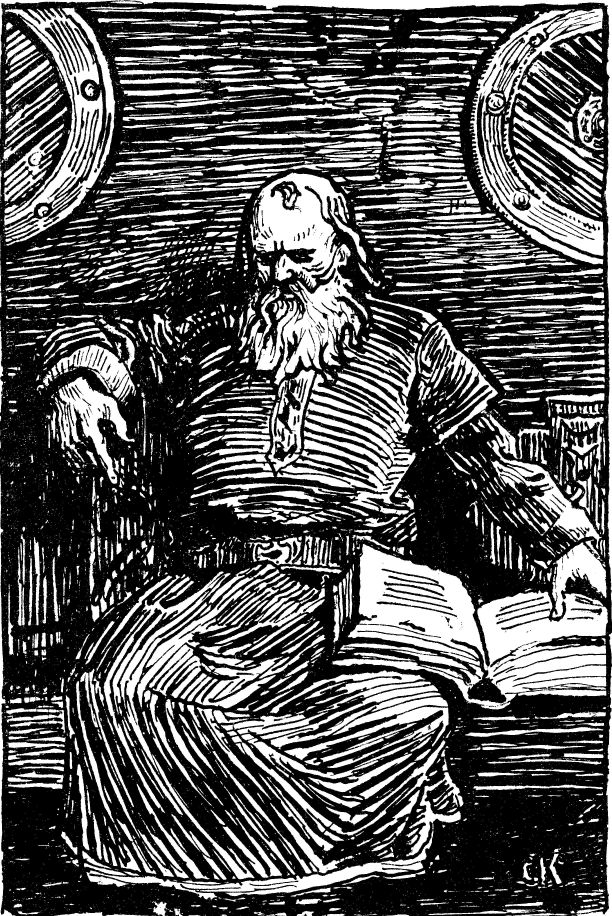Conservative Christians often decry the fact that stay-at-home mothers seem less valued than they once were, and the working mom is now the norm. Well, what do you expect from a society where the ability to contribute directly to the wealth-creation process is ultimately the measure of somebody’s social standing and value?
Finishing up Carl Trueman’s Republocrat is not the best preparation for the 2020 presidential debates, because his final chapter argues that we have given the pride of place in American politics to an appealing narrative and general aesthetics. We don’t want real debates. We don’t want to wrestle with too many details or facts. We want that feeling that we are better off today than four years ago or the impression that our neighbors are better off. (When was it (2008? 2004?) that many of us feared the direction of our nation, and that while we were personally stable, we believed our neighbors were not?) You may remember when Bill Clinton didn’t offer details when answering a question about drug problems in America; he told us about his brother.
What we will get tonight will be 95% entertainment, especially from our comedian in chief. Fact-checkers will be burning up their keyboards, and many of them will need auditors to fact-check their fact-checking. But voters — let me stop there–fans of a candidate and those who like, tweet, and share are not necessarily voters. The Biden campaign got campaign posters inserted into Nintendo’s popular game Animal Crossing as a way to appeal to college kids, but it’s one thing to gain emotional support from people on the couch and another to gain their vote. The latter takes effort, even thinking ahead a bit. And so many get out the vote efforts have been scuttled, because though people would like to see change, they don’t want to vote for it or perhaps can’t overcome personal hurtles to do it.
But what was I talking about?
Trueman criticizes all sides for sloppy thinking in favor of their preferred narrative. Too many of us excuse our side and condemn the mere suspicion of wrongdoing on the other side. Christians, particularly those who endorse the doctrine of total depravity, should expect to see evidence of the curse everywhere we go, so we should readily understand that the best system or social structure in the world will hurt people and fail others when filled with self-seeking sinners. Because that’s true, we should seek healthy accountability everywhere for everyone, particularly our officials.
Overall, Republocrat is a good book. It mentions some issues you may disagree with, but the main theme of being more circumspect of our political beliefs and aspirations is a good word. Too many of us look for hypocrites only on the other side and broad brush everyone who disagrees with us. We need wisdom and humility to live together as one nation under God.
Photo by Paweł Czerwiński on Unsplash






